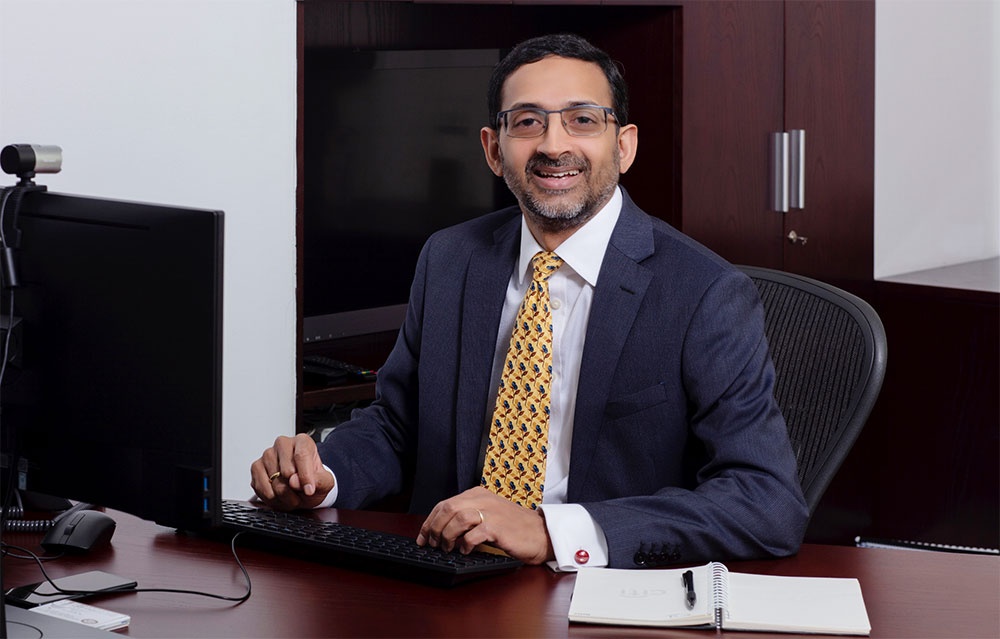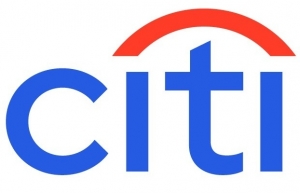INTERNATIONAL INVESTMENT
AND PORTAL
 Ramachandran a.s., Citi country officer for Vietnam What is Citi’s research on Asia’s supply chain ecosystem about?
Ramachandran a.s., Citi country officer for Vietnam What is Citi’s research on Asia’s supply chain ecosystem about?
New research by Citi in partnership with East & Partners showed that with inflation on the rise and global trade still vulnerable, business leaders are focusing more than ever on building resiliency in supply chains.
The fallout from supply chain disruption of the last three years continues to weigh heavily. The research identified that 17 per cent of enterprises across Asia consider a supplier default as the single most pressing concern, while geopolitical concerns remain top of mind for nearly one in four businesses in the region. Companies are also worried about ongoing supply chain disruption and logistics delays, with 14 per cent citing this as their biggest concern.
A relatively newer challenge is rising costs. Across the region, only one in four companies are yet to face higher inventory costs, with those in Vietnam and India the least affected. Costs are rising, liquidity remains stretched, and supply chains suffer disruption from a myriad of factors. Citi has been advising clients on supply chain management and providing them with relevant cash management, liquidity, and financing solutions to manage current market uncertainties.
Are there any opportunities for Vietnam in this complicated regional trade landscape?For years, Vietnam has been strengthening its position in the global supply chain ecosystem and has emerged as a viable and attractive manufacturing location.
Vietnam’s advantages include its low labour costs, its strategic position in the centre of Southeast Asia, its proximity to China as the world’s second-biggest economy, its young and well-educated population, and a government that prioritises improving business policies, labour laws, and incentivising infrastructure investment.
To further boost its competitive advantage and grow its export markets, Vietnam has also signed free trade agreements with a number of international counterparts, recently with the United Kingdom and EU. These agreements have helped Vietnam grow its export footprint by reducing tariffs and simplifying the customs procedures in these markets.
The growth factors driving Vietnam’s development are similar to those driving growth across ASEAN. Starting with supply chain diversification, companies have recognised the need to ensure that their supply chains are diversified away from single sources and closer to end markets, and more resilient against disruption. Vietnam, more broadly ASEAN and India, have hugely benefitted from this.
This, together with the region’s digitally savvy and growing middle-class population, exponential development in tech and the digital economy, and urbanisation and infrastructure projects have contributed favourably to consolidating Vietnam’s role on the global stage.
What is Citi’s focus in Vietnam to support the supply chain and trade system?On trade in particular, Citi is focused on three key areas. The first is around holistic working capital solutions for clients, aimed particularly at capturing those that are part of supply chain shifts; the second is providing environmental, social, and governance (ESG) financing for transactional flows as well as green projects in wind and solar.
The third is around digitalisation. For instance, we now facilitate trade transactions on CitiDirect BE, the bank’s electronic platform for corporate and institutional clients – which is simpler, faster, and more convenient.
What is your advice for clients in this enormous shift in business models and supply chains?Citi is a bank that is uniquely positioned for this moment. We have more than 200 years of experience helping our clients meet the world’s toughest challenges and embrace its greatest opportunities. In the current economic environment, industries are feeling the strain of inflation and rising costs, but financial products can ease some of those pressures through liquidity and treasury management, strengthening supply chain ecosystems, and financing, among others.
Sustainable financing solutions are also an attractive option, and rates for these products can be reduced compared to usual financing costs. Also, if companies pursue a genuine green path with their suppliers, they can help their suppliers reduce their financing costs too and move faster towards an integrated ESG ecosystem. More importantly though, ESG is increasingly becoming essential criteria to the future survival and success of companies, as investors and consumers demand greater sustainability in operations.
Digitalisation has emerged as a vital differentiator for managing business operations. Despite its increasing relevance, digitalisation and its uptake are at best patchy across Asia-Pacific. According to research by Citi in partnership with East & Partners, one in three companies in China, Singapore, and Hong Kong are using new innovative tools for trade. Yet only 6 per cent of companies in Vietnam, 12 per cent in Thailand, and 14 per cent in India are embracing the digital uptake.
At Citi, technology is helping us deliver our greatest asset – our global network – to a client base that prioritises growth, efficiency, and the ability to access international markets.
 FinanceAsia names Citi Best Sustainable Bank in Vietnam
FinanceAsia names Citi Best Sustainable Bank in Vietnam
Citi has been recognised by FinanceAsia, the region's premier capital markets publication, for sustainability work in the country and commitment to partnering with clients.



















